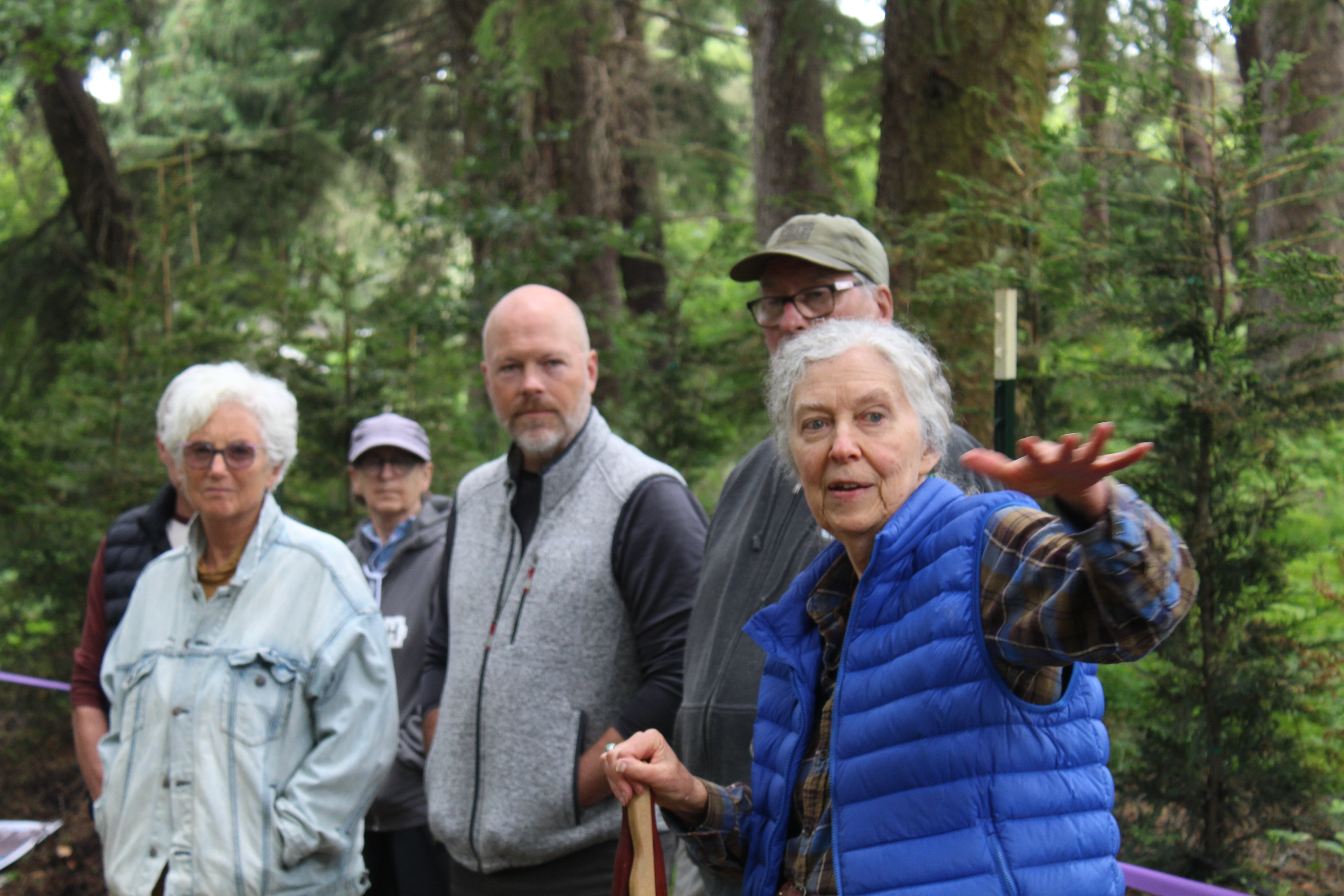Addiction experts back medical approach
Published 9:46 pm Saturday, February 10, 2024

- Overdoses in Oregon are skyrocketing, driven largely by fentanyl.
SALEM — Oregon lawmakers are gathered in Salem, determined to address the state’s drug crisis.
Trending
Both parties appear poised to crack down — at least to some extent — on drug possession, which was decriminalized with the 2020 passage of Measure 110. And Democrats hope to remove some barriers for people in treatment while expanding treatment options, including clinics that offer an integrated approach to behavioral health, primary care and addiction treatment.
That expansion likely would include the use of medication to treat opioid disorders, state Rep. Rob Nosse, D-Portland, and member of the joint addiction committee, told the Oregon Capital Chronicle.
Medication-assisted treatment, or MAT, relies on prescription drugs that replace opioids in the body, or block them, to keep withdrawal symptoms at bay and allow the person to become stable. The most powerful and most effective of the drugs is methadone, long considered the gold standard for treatment, John McIlveen, the state opioid treatment authority at the Oregon Health Authority, told the Oregon Capital Chronicle.
Trending
“We literally don’t have another modality of treatment that consistently shows a reduction in drug use,” McIlveen said.
Methadone has been used since the 1950s to treat heroin and other opioid addictions. It’s been heavily studied since then, and the research has shown that it works, McIlveen said.
And yet no state general funds have been allocated to expand clinics that offer methadone, known as opioid treatment programs, in at least the last 11 years, McIlveen said. A grant program administered by the Oregon Criminal Justice Commission, IMPACTS, has allocated funds to counties and nonprofits that offer medication-assisted treatment, but Ken Sanchagrin, the commission’s executive director, said it’s unclear whether any of that money has gone toward methadone.
Clinics mainly rely on insurance payments — from Medicaid, Medicare and others — to fund operations.
Much more funding is needed to expand operations, providers say.
McIlveen said he’s called for years for the state to stand up more clinics, though Nosse, chair of the behavioral health committee, said he has not come to him.
That changed in December during a meeting between Nosse, McIlveen and Oregon Health Authority officials to discuss methadone, which is regulated by the federal and state governments. Nosse said the Legislature needs to better understand how federal regulation of medications used in treating opioid misuse interact with state regulations, but he expects an expansion of methadone and other opioid treatment medications to be included in Democratic-backed bills on improving the state’s response to the drug crisis.
“I don’t understand the interplay between (methadone) and federal and state rules,” Nosse said. “But I do think we’re going to make this easier to get and more accessible.”
At the moment, the Democrat’s main proposal addressing addiction, House Bill 4002, calls for a study of expanding medication-assisted treatment, and includes tweaks to lift some barriers to treatment, but does not propose expanding methadone clinics even though they offer the gold standard of treatment that’s been well-researched by scientists for years. Another bill, House Bill 4120, would expand opioid medication treatment in jails.
Seaside among the locations
Numerous providers across the state offer medication-assisted treatment but there are only 26 opioid treatment programs in Oregon, largely along the Interstate 5 corridor. There’s an Eastern Oregon clinic in Pendleton, a central Oregon clinic in Bend and two on the coast, in Seaside and North Bend.
“In the face of this drug epidemic crisis, we don’t have enough,” McIlveen said.
McIlveen said the state could use up to twice as many opioid treatment programs to prescribe methadone to fight the fentanyl epidemic.
“Many Oregonians still have to travel unacceptable distances to access methadone treatment,” McIlveen said in an email. “A more geographically robust network of clinics (would) allow more Oregonians to access (these) essential services closer to their own communities and families, and eventually begin to mitigate the most damaging impacts of the opioid crisis we are experiencing today.”
Unlike methadone, fentanyl is easy to access: The drug is cheap, powerful, plentiful and deadly. And overdoses are skyrocketing. State data shows overdoses from fentanyl and other synthetic opioids increased from about 80 deaths in 2019 to nearly more than 650 in 2022, while fentanyl-related emergency department visits jumped from about 260 in 2021 to 1,200 in 2022 alone.
One of the problems with methadone, even though it’s been heavily studied and shown to be successful, is that it’s classified as a controlled substance by the federal Drug Enforcement Administration, meaning it has a relatively high potential for abuse and is heavily regulated.
Bureaucratic hoops
Establishing a clinic to administer methadone requires jumping through a lot of bureaucratic hoops, and the clinics have to be federally licensed, according to Tom Sorrells, chief of substance abuse treatment at Adapt Integrated Health Care, a nonprofit that has methadone clinics in Roseburg and North Bend.
Providers also face a lot of federal oversight, and they have to comply with myriad regulations, though the government recently made a rule change that will go into effect in April that should ease the regulatory burden for providers, Sorrells said.
Then there’s the money problem.
“They’re just not particularly well-funded compared to other kinds of approaches,” Sorrells said. “The other problem as well is that there’s a stigma attached to medication-assisted treatment.”
Many people in the community don’t want an opioid treatment clinic in their area because of that stigma, providers say. Residents don’t understand why providers would treat someone with an addiction with another opioid. They see addiction as a personal failure, not a chronic medical condition.
“There are enough people, whether they’ll say it or not, who are not really interested in whether or not somebody with a severe addiction lives or dies,” said Alison Noice, executive director of CODA, Inc., which runs opioid treatment clinics in Portland and Seaside.









